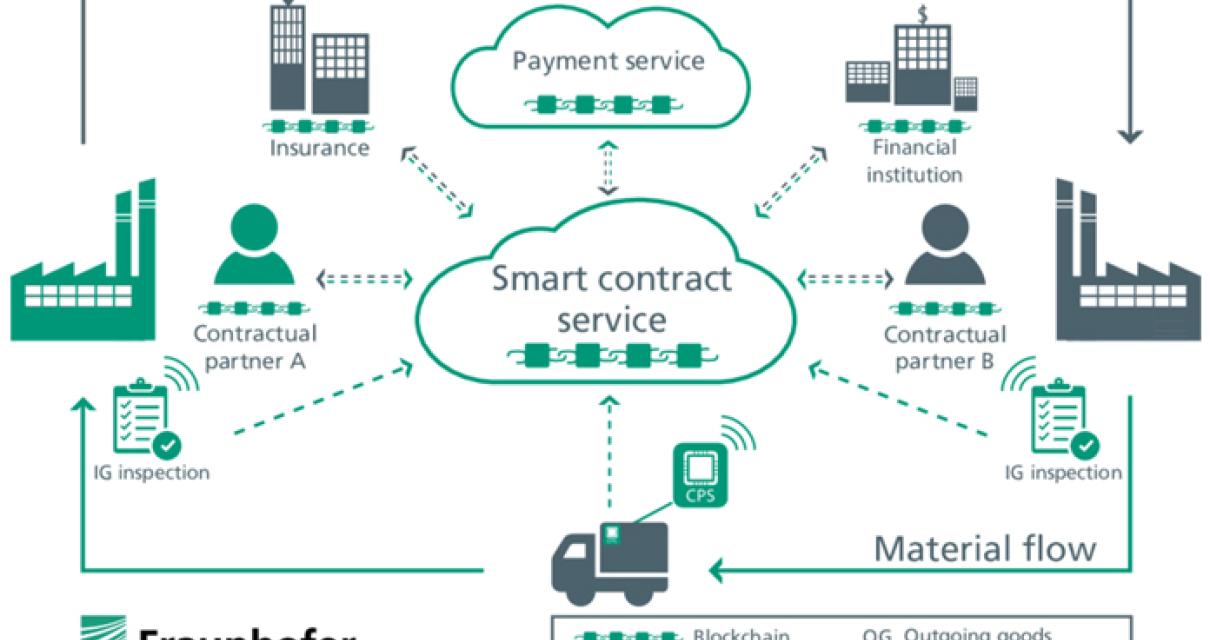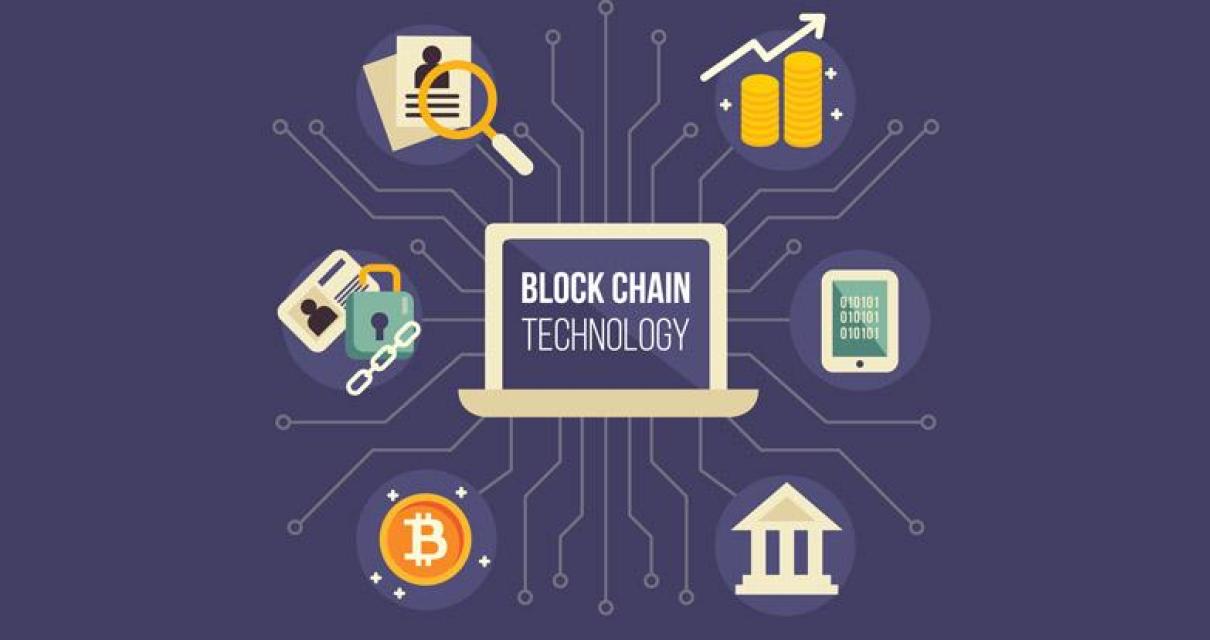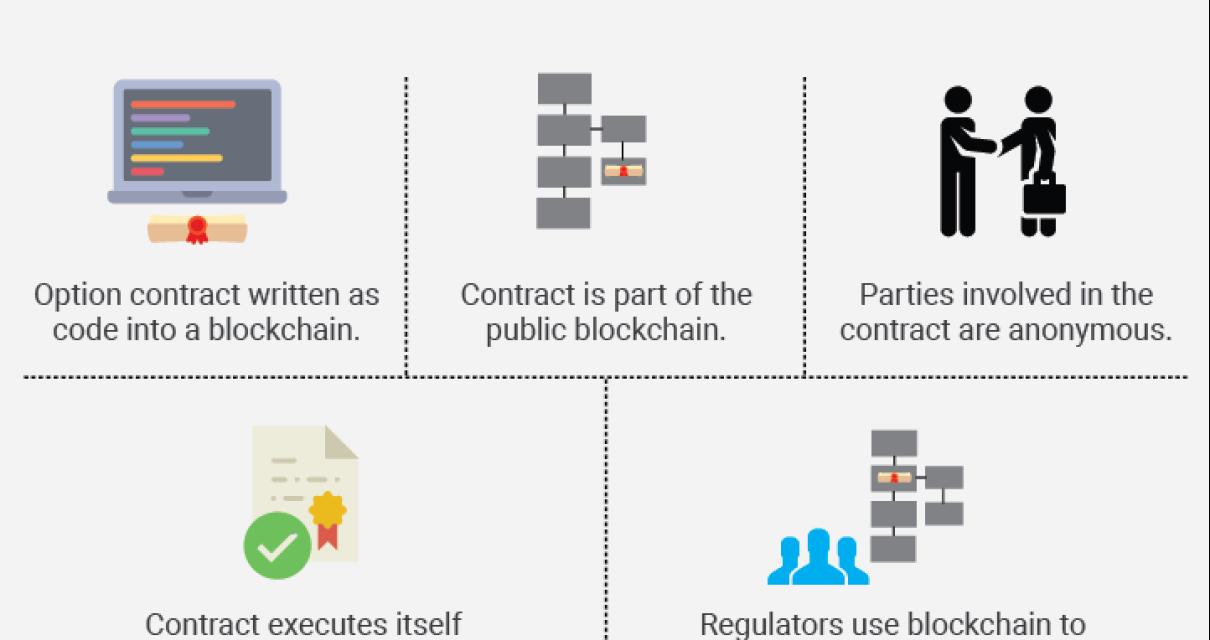How Blockchain Can Help Supply Chain Management
Blockchain technology has the potential to revolutionize supply chain management by creating a tamper-proof, transparent system for tracking goods from origin to sale.
The benefits of using blockchain for supply chain management include:
1. Improved Traceability and Transparency: With a blockchain system, goods can be tracked from the moment they are produced to the point of sale, ensuring that everything is properly documented and verified. This increased transparency can help prevent fraud and ensure that products are delivered on time and in the correct condition.
2. Reduced Costs and Time Lines: A blockchain system can speed up the process of tracking goods and ensuring that they are delivered on time, helping to reduce costs and improve timelines. In some cases, it may even be possible to automate certain parts of the supply chain, freeing up valuable resources for other purposes.
3. Increased Security: A blockchain system creates an immutable record of all transactions, which can help to ensure that valuable assets are protected from theft and fraud. It can also provide a secure platform for sharing information between various parties in the supply chain, ensuring that everyone is aware of what is happening at all times.
4. Increased Efficiency: A blockchain system can help to streamline the process of coordinating and communicating between various parties in the supply chain, reducing waste and improving overall efficiency.
These are just a few of the many benefits that blockchain technology has to offer when it comes to supply chain management. By implementing a system based on this technology, businesses can streamlined their operations and improve their overall efficiency and security.
The Benefits of Blockchain Technology in Supply Chain Management
There are a number of benefits that can be derived from the use of blockchain technology in supply chain management. Some of the main benefits include:
1. Improved Traceability and transparency: With blockchain technology, everything from the source of the product to the end user can be tracked more accurately and transparently than ever before. This protects both the consumer and the manufacturer from fraudulent activities, and ensures that products are delivered exactly as they were supposed to.
2. Increased efficiency and automation: Blockchain technology can help to streamline the process of tracking and managing products throughout the supply chain, leading to increased efficiency and automation. This can save both time and money for businesses, and ensure that all steps in the process are carried out as smoothly as possible.
3. Greater security and safety: With blockchain technology, businesses can ensure that their products are safe and secure from fraud, theft, and other types of abuse. This is thanks to the encrypted nature of the blockchain, which makes it difficult for unauthorized individuals to access or tamper with information.
4. Reduced costs: Blockchain technology can help to reduce costs for businesses in a number of ways. Firstly, it can help to speed up the process of tracking and managing products, which can lead to savings on both time and resources. Secondly, it can help to automate many of the processes involved in the supply chain, meaning that businesses can run them more efficiently and with less manpower. Finally, it can help to reduce the amount of paperwork required by businesses, which can save on both time and money.
Overall, blockchain technology is an extremely powerful tool that can be used to improve many aspects of supply chain management. By using it properly, businesses can ensure that theprocess of shipping and supplying products is efficient, secure, and cost-effective.
How Blockchain Can Transform Supply Chain Management
With blockchain technology, supply chain management can be transformed. Blockchain can help to create a tamper-proof record of all the steps in the supply chain, from the sourcing of materials to the delivery of products to customers. This system can reduce fraud and waste, and make it easier to track the origin and quality of products.
Blockchain can also help to improve the communication between different parts of the supply chain. This system can help to ensure that products are delivered on time, and that there are no shortages or errors in the products that are delivered.
Overall, blockchain technology can revolutionize the way supply chain management is done. By creating a tamper-proof record of all the steps in the supply chain, blockchain can help to reduce fraud and waste. Additionally, by improving the communication between different parts of the supply chain, blockchain can help to ensure that products are delivered on time and with no errors.

Implementing Blockchain Technology in Supply Chain Management
There are a few ways in which blockchain technology can be implemented in supply chain management. One way is to use blockchain to create a digital ledger of all transactions that occur in the supply chain. This would allow suppliers and buyers to track the movement of goods throughout the supply chain, and ensure that all transactions are transparent and accurate.
Another way that blockchain could be used in supply chain management is to create a digital tokenized currency for the supply chain. This would allow companies to reduce costs associated with traditional payment methods, and increase efficiency by eliminating the need for middlemen.
Overall, blockchain technology has the potential to revolutionize supply chain management by providing a more secure and efficient way to track the movement of goods. However, it will require a significant amount of investment and effort to implement it in a meaningful way.

How Blockchain Will Change Supply Chain Management
The supply chain management industry is expected to grow from $2.4 trillion in 2020 to $3.9 trillion by 2030, according to a report published by MarketsandMarkets. Blockchain technology has the potential to disrupt the industry by improving transparency and efficiency across the supply chain.
Blockchain can help to improve transparency by ensuring that all parties involved in the supply chain are aware of the status of goods at all times. This transparency can help to prevent fraud and improve coordination among various stakeholders. In addition, it can help to ensure that products reach their destination in a timely manner.
Blockchain can also improve efficiency by providing a platform for exchanging information between different parties. This information can be used to make better decisions about which products to produce and how to produce them. It can also help to reduce the cost of goods by streamlining the process of shipping and logistics.
The Future of Blockchain Technology in Supply Chain Management
There is no question that blockchain technology is having a major impact on the supply chain management industry. Its decentralized nature makes it an ideal platform for tracking and managing transactions, and its secure nature ensures that data is always accurate.
As blockchain technology continues to evolve, it could eventually become the standard for tracking and managing transactions in the supply chain management industry. This would make it easier for businesses to ensure that their products are delivered on time and in accordance with specifications, and it would reduce the risk of fraud and theft.
In addition, blockchain technology could be used to manage inventory and track the movement of goods throughout the supply chain. This would allow businesses to optimize their logistics networks and reduce the cost of inventory management.
Overall, blockchain technology is proving to be a powerful tool for optimizing the supply chain management process. Its decentralized nature makes it resistant to cyberattacks, and its secure platform makes it ideal for tracking and managing transactions. As the technology continues to evolve, we can expect to see even more impressive advances in supply chain management using blockchain technology.

The Impact of Blockchain Technology on Supply Chain Management
The impact of blockchain technology on supply chain management is that it can improve accuracy and transparency of information, thereby reducing the risk of fraud and error. Additionally, it can help to improve the flow of goods through the supply chain, thereby reducing delays and costs. Overall, blockchain technology could have a significant impact on supply chain management, particularly in terms of efficiency and transparency.
What Blockchain Means for Supply Chain Management
Blockchain technology has the potential to revolutionize supply chain management. By creating a tamper-proof record of transactions, it could make it easier to track goods from origin to destination and ensure that products are arriving at their intended destination in a timely manner. Additionally, blockchain could be used to create a digital marketplace for goods and services, providing easier access to a wider range of suppliers and eliminating the need for middlemen. While there is still some development required to bring blockchain technology into mainstream supply chain management, its potential is clear.